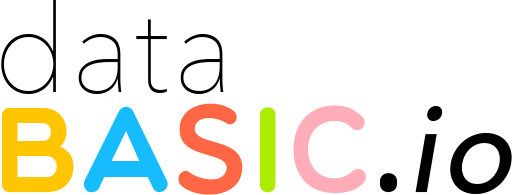
WordCounter analyzes your text and tells you the most common words and phrases.
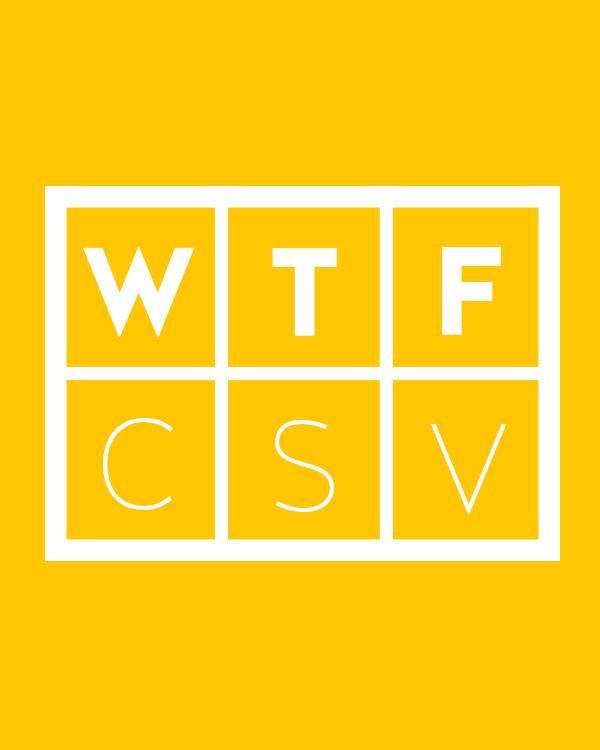
WTFcsv tells you WTF is going on with your .csv file.

SameDiff compares two or more text files and tells you how similar or different they are.
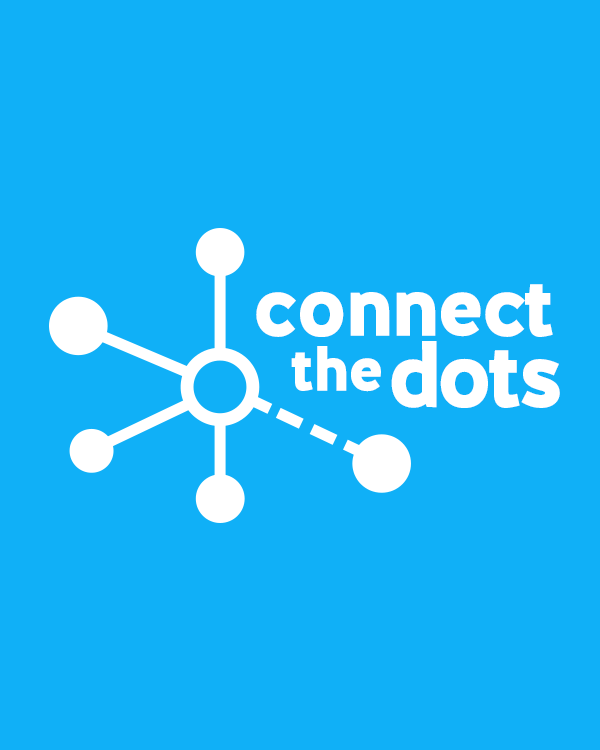
ConnectTheDots shows you how your data is connected by analyzing it as a network.
Trying to Build a Data Culture in Your Organization?
Struggling to build your organization's ability to work with data? Use our hands-on learning program to kickstart your data culture. We provide facilitation videos to help you run creative introductions for the non-technical folks in your organization. These are not boring spreadsheet trainings! We suggest that in order to kickstart your data culture, you run one activity per month as a brown bag lunch at your organization. Learn more at https://datacultureproject.org.
Why use DataBasic?
Rahul Bhargava and Catherine D'Ignazio, creators of Databasic, describe how everyone can tell stories with data.
About DataBasic

Accessible to All
Digital technologies have empowered those with disabilities in a variety of ways, and new web standards have made it easier than ever to build new tools that are accessible to all. DataBasic implements those technologies to support screen readers so the visually impaired can start working with data in new and exciting ways.

Doing One Thing Well
There are tons of tools for working with data; many so complex they are intimidating to even start with. We've built each DataBasic tool to focus on doing one thing well, so you know exactly what each can be used for. This lets us concentrate on making that one thing both simple and powerful.

Fitting in to Your Pipeline
Working with data online always involves using a mishmash of tools. We're not going to solve that problem anytime soon. So we've built DataBasic to take in a variety of types of data, and output results in the formats you're used to. Read some content from website and download CSV files of your results. These are just two of the ways we try to introduce you to the way most folks work data online.

Focused on Learning
Sometimes faster isn't better. If you really want to learn how to work with data to find stories to tell, you'll need to use tools that do more than just give you a chart as quickly as possible. That's why we've built DataBasic with learners in mind. Don't know what some technical word means? Hover over it to see a quick definition. Not sure how to use a tool? Try some of the fun sample data like music lyrics and UFO sightings we've included to get started.
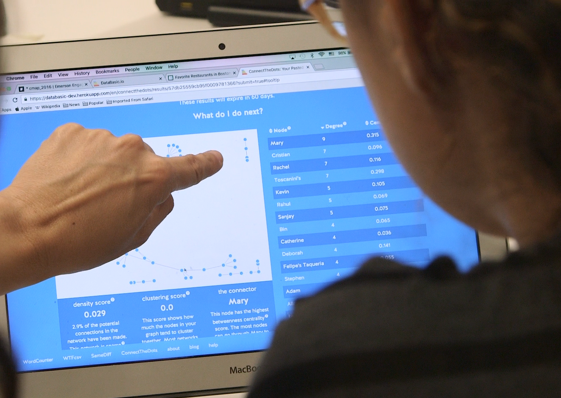
Ensuring Your Privacy
With more and more data-centric tools moving online, sometimes it can be hard to tell where your data is going and what will happen with it after you upload it. We store information you upload for only the amount of time it takes us to analyze it, then we delete it. The aggregate results we show you - metadata - are kept for 60 days, and then we delete them. All communications are over https, so other folks can't eavesdrop on the data as you upload it.
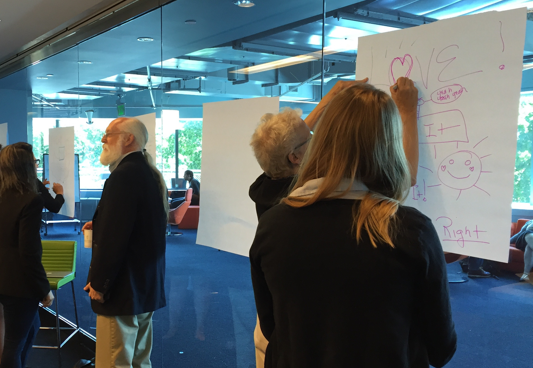
By Educators, for Educators
Work with high-schoolers? Journalists? Community groups? Graduate students? Us too!!! That's why we designed and tested the DataBasic tools and activities in our classrooms and in workshops with those audiences. These tools were born out of frustration with things we were trying to use in our undergraduate classes, so we feel your pain.
Designed and Developed by
Principal Investigators:
Rahul Bhargava (Northeastern University) & Catherine D'Ignazio (MIT)
Software development: GitHub
Rahul Bhargava, Catherine D'Ignazio, the Engagement Lab & Stephen Suen
Spanish translation:
Aleszu Bajak, Víctor Rogelio Hernández Marroquín & Mariel García-Montes
Portuguese translation:
Daniel Paz de Araújo with contributions from Emilie Reiser
Danish translation:
Spanish data sourcing:
Miguel Paz & Mariel García-Montes
Portuguese data sourcing:
Vivian Guilherme & Daniel Paz de Araújo
Danish data sourcing:
Welsh data sourcing:
This free and open source project would not be possible without the generous support of:
The John S. and James L. Knight Foundation, The Emerson College Faculty Development Fund & The Shuttleworth Foundation
